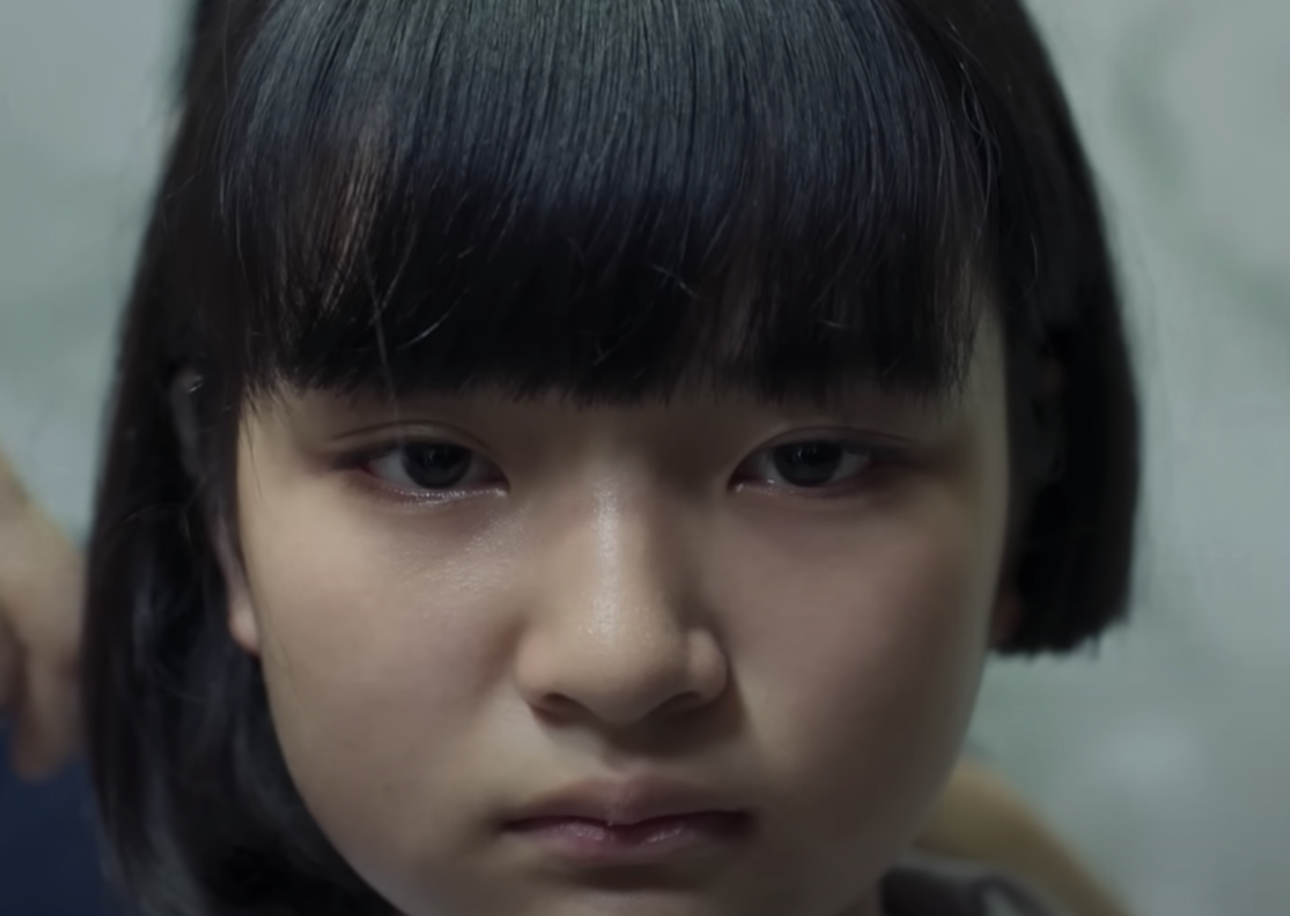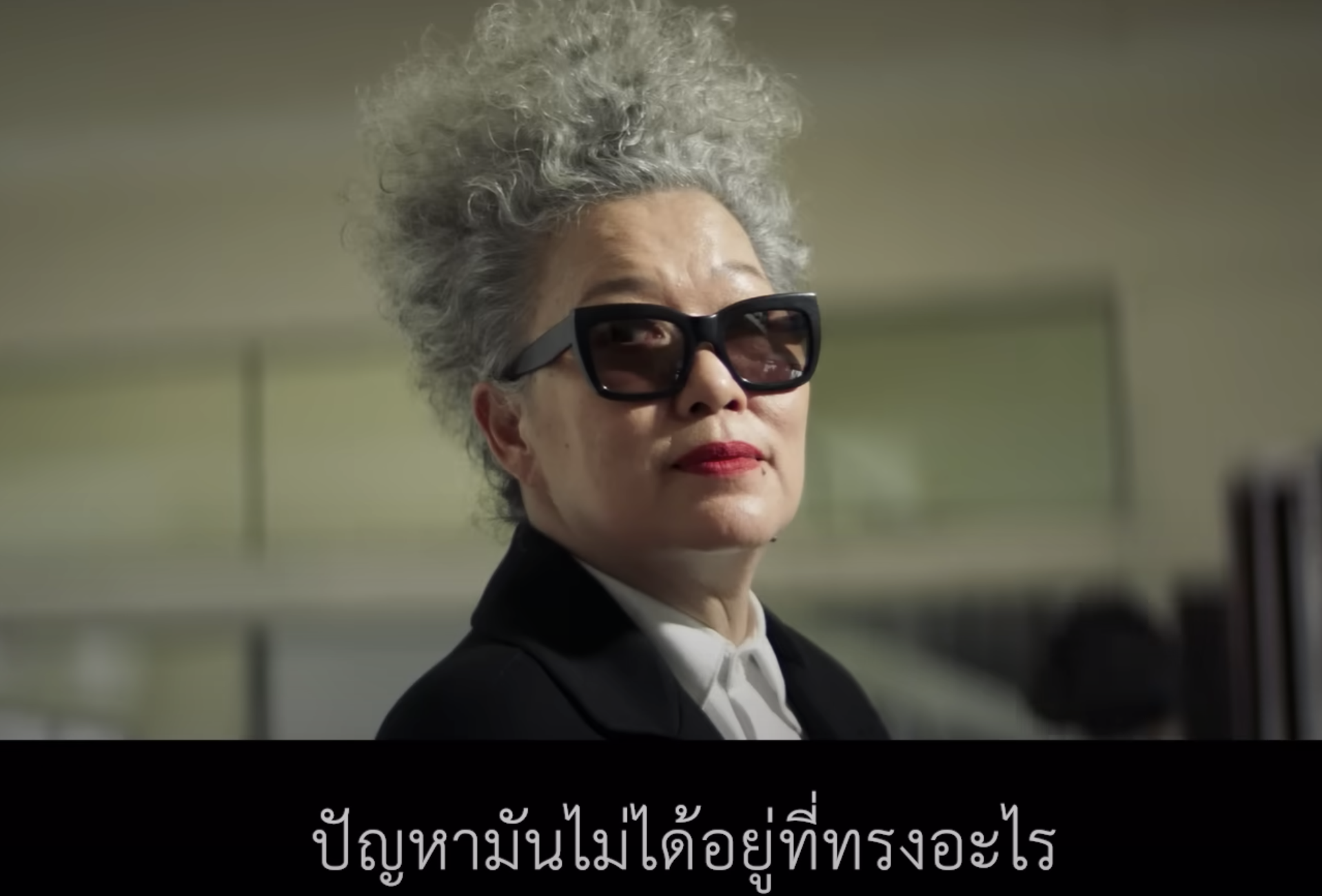The Red Envelope: Billkin and PP Krit’s Take on a Love Story Beyond the Grave
In a cinematic landscape saturated with remakes, reboots and sequels, you might ...

“It’s a rule which, I don’t know who created, but we all have to follow and I don’t know what we get out of cutting our hair.”
If you’re Thai or living in Thailand, you’ve seen the ad by now. A young girl tears up as her already short hair gets the chop because it’s not shorter than the ear lobe. A rebellious teenager says to the camera that it’s her body and no one else’s. Women in the professional space share their experiences and insight on Thailand’s infamous hair codes for school students.
The recent ad campaign by Dove reheats an old debate about the link between strict hairstyle rules and students’ development and, more importantly, whether or not the two are positively correlated. In this case, through compelling visuals and audio and the tagline #LetHerGrow, Dove argues that old fashioned hair mandates hold our society back and attempts to start the discussion towards effectively eradicating them.
A still from the #LetHerGrow campaign video
Though the campaign puts girls at the forefront, it ultimately addresses the issue for all school children as the video’s lasting words spoken by novelist Weeraporn Nitiprapha touch upon the underlying theme of human development. Unilever’s VP of marketing of beauty and personal care in Thailand, Pakachat Taychaburapanone, too, gave her official comments in ungendered terms: “Dove believes that when we support the confidence of our children, their sense of self increases, and their possibilities expand. That is why we’re committed to creating a future that enables our next generation to grow into the greatest version of themselves.”
Pakachat adds, “We’re proud to be working with experts to educate and advocate for change, along with creating The Growth Fund to support a sustained effort in making a difference in the lives of young people.”
Through The Growth Fund, Dove has pledged to commit 10 million baht to research and building awareness on not just the issue of mandated haircuts but its effect on the confidence, self-esteem, and ultimately the potential of Thailand’s next generation.

The campaign features award-winning novelist Weeraporn Nitiprapha as one of its speakers
Change is certainly overdue as the hair rules in Thailand were formally changed two years ago to be more inclusive and less punitive for school students. Unfortunately, like many things in Thailand, tradition is often difficult for old institutions to let go of, even when constituents call for it and convincing reasons for moving on are presented. A study commissioned by Dove, which surveyed 1,303 Thai students, parents, women, and teachers, found that 74% of respondents reported that forced haircuts were still being used to discipline students. The same study, conducted by YouGov (Thailand) in January of February of this year, found that 4 in every 5 high school students experienced a negative impact on their self-confidence as a result of mandated haircuts and that nearly half of high school students found that mandated haircuts had a negative impact on their ability to share ideas.
Here are some of the other findings from the Dove study:
The implications and context of this issue are complex as it relates to traditions, social culture, and practical systems, as well as personal identity. But there’s one common ground that Dove seems to have tapped into, and that is, at the end of the day, we want to see our kids thrive.
To add your support to the need for change, visit dovelethergrow.com and engage with #LetHerGrow on social media.
In a cinematic landscape saturated with remakes, reboots and sequels, you might ...
Find out more about your celeb favourites and their most loved vacation ...
These top 5 barber shops in Bangkok are where gentlemen can elevate ...
While traditional TV shows are serving us endless boy-meets-girl tales. Thailand has ...
Sailorr and Molly Santana’s black grills fuse hip-hop swagger with homage to ...
Netflix Thailand has officially announced a new price for base subscriptions We’ve ...
Wee use cookies to deliver your best experience on our website. By using our website, you consent to our cookies in accordance with our cookies policy and privacy policy